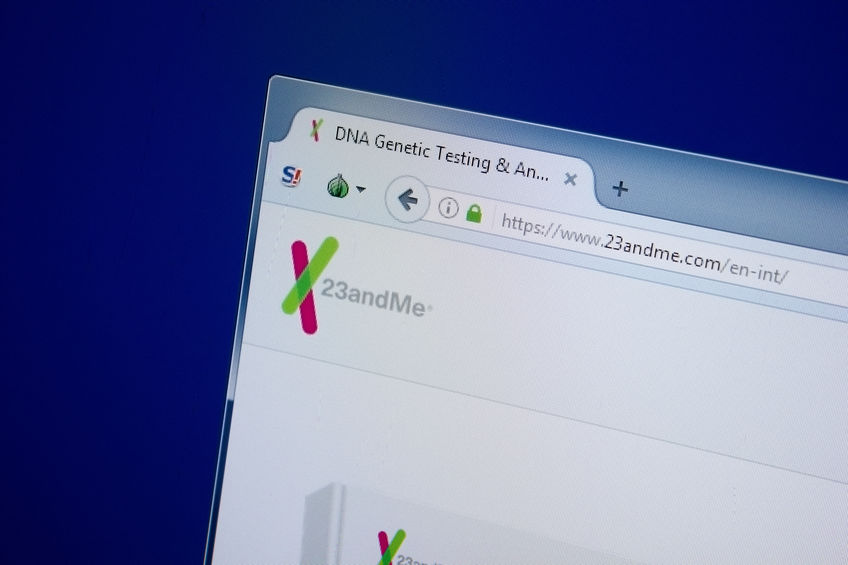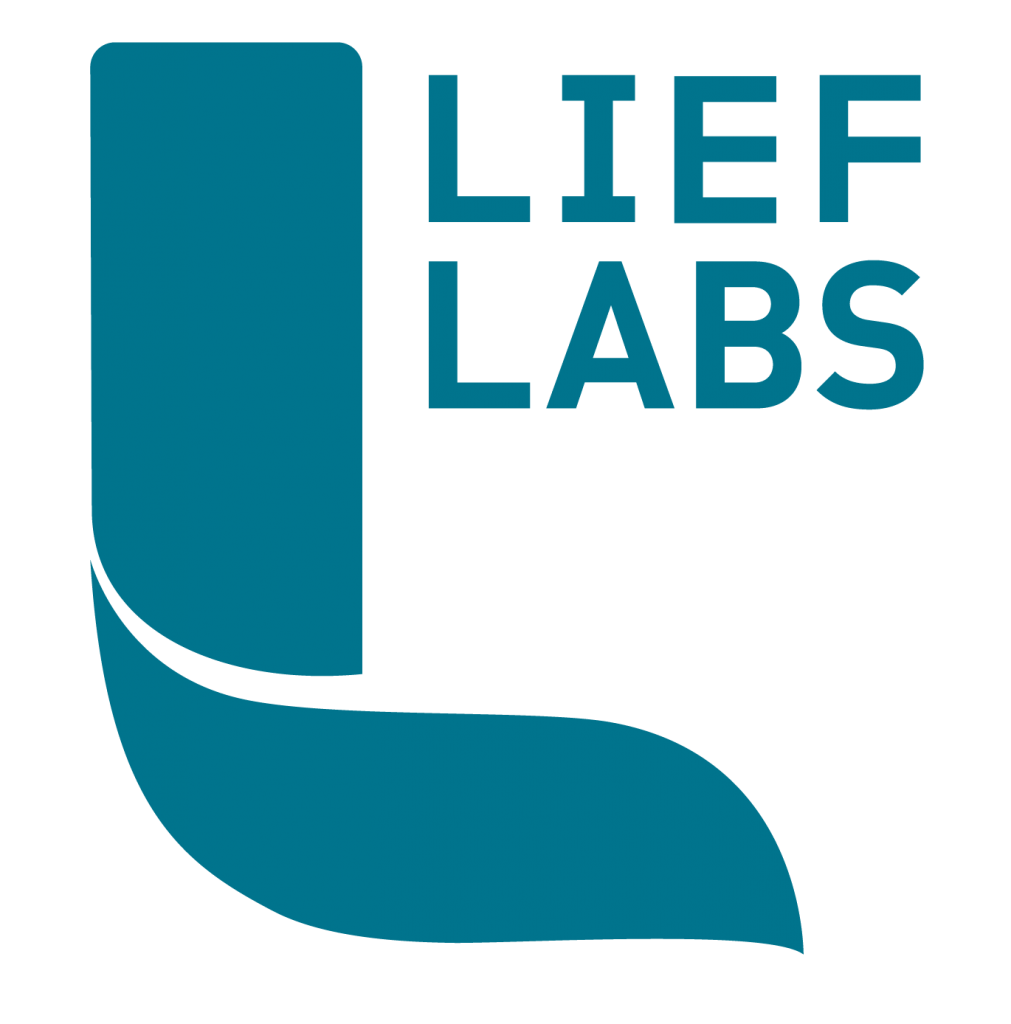This is the time of the year where companies of all sizes struggle to get quality employee engagement during Open Enrollment period.
Even with technology offering automated benefits management tools, the challenges still persist when it comes to making it easier for employees to sign up for the benefits that are the best for them and/or their families.
To challenge this disconnect, employers and their Human Resources administrators can follow these tips in creating more employee engagement for Open Enrollment season.
Keep the initial communications on Open Enrollment simple
The very first message regarding Open Enrollment should be short and simple. This is not the time to throw everything at them all at once with boatloads of information on the varying offerings Open Enrollment provides.
Provide them with a clear message of the importance of the upcoming Open Enrollment process, varying deadlines, contact information and any upcoming meetings you have planned.
Keep the language simple and clear on the documentation of your benefits packages.
When describing what each plan is and what is covered, make sure to use bullet points in highlighting key details and while comparing and contrasting the available offerings.
Use your means of communication methods
Be mindful of your employee’s different thoughts, feelings, problems and more regarding their offerings. Communicate the differences to them and work with them to recognize and use their preferred means of communication.
While some people prefer their communication method delivered via email, you may have others who need a hard copy brochure to get your message across. They even might need something tangible they can hold in their hands like a poster or flier to bring home to their families to discuss.
Whichever way your employees prefer to receive their Open Enrollment information, make sure to change up the look-and-feel. Try to keep it fresh and engaging with design and layout changes, even as the information stays pretty much the same throughout.
Create engaging messages around the individual and/or their families
Organizations who are successful with higher employee engagement rates during Open Enrollment do a great job of cutting out the noise by highlighting what’s the most important information for an individual and/or their families in the offerings they are choosing from.
For example, employers may dive deep into what the actual costs are for employees on high deductible health plans, or, they might highlight a new voluntary benefit—added to their offering package. Addressing key components that make the benefits so attractive to add with their traditional healthcare selections.
Promoting voluntary benefits to create employee engagement
In 2016, the cost of care hit over $10,000 per person. With more-and-more employers turning to High-Deductible Healthcare plans to help offset the rising costs of healthcare and to keep premiums lower, we are seeing more people struggle to find the coverage they need as a result.
Voluntary Benefits are extremely important for employers to offer because it gives their employees the power to prepare for the worst when it comes to their healthcare. Today, a traditional healthcare plan might not be enough to support a person or their family financially in the event they get really sick.
Above all, it’s important to stay organized, keep a tight schedule and when in doubt, remember the challenge is to communicate 10x better and more frequently to get your message past all the noise.




